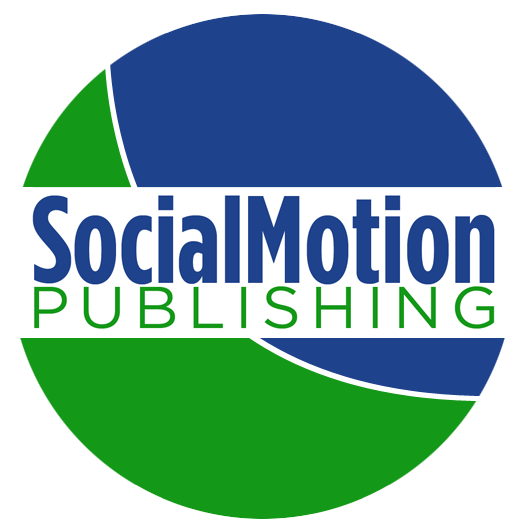Not usually.
Authors are welcome to suggest or ask for a particular title. Some publishers will welcome feedback on titles or be more collaborative. But in the end, it’s the publisher’s choice unless agreed upon previously in the contract (which is rare).
While this might seem unfair, there are two fair reasons:
- In a typical trade publishing deal, the publisher is taking all the financial risk. It’s investing in the author’s advance, as well as the editing, design, production, marketing, and printing. The publisher deserves final say over its investment.
- Publishers typically know better. They’ve published dozens or hundreds or thousands of books. They know what appeals to an audience and what doesn’t. They know what the trends are. They might even test-market titles. It’s the rare author who is as savvy in this regard as a publisher, simply due to the lesser experience.
One famous exception that comes to mind is Tim Ferriss. The title of his first book, the big bestseller The 4-Hour Workweek, was his creation. However, if you know anything about Ferriss, he’s an extreme outlier among authors. He reportedly had an excellent book proposal and marketing plan (with a successful entrepreneurial background to support it), and he insisted on the title. But the thing is, he didn’t just make it up. He tested multiple titles online using Google ads to see which people would buy (not just like). So, his final choice was a proven winner. Additionally, despite his background, title testing, and great proposal, he was rejected 27 times.
So, you *can* insist on the title of your choice. But you’d better have data to show it will sell, backed up by an excellent proposal and marketing plan, and be prepared to experience vast rejection.
The funny coda to the Ferriss story, now 15 years later, is that the book’s title has been something of an albatross around his neck. He’s frequently lamented in interviews having gone with it, since people (who often haven’t even read the book) constantly misunderstand it. It gets labeled as elitist and disrespectful to people who “have to” work more hours. But that’s not the book’s message nor prescription at all — mainly, the four hours is not meant to be a literal amount.
Ironically, much about the book was incredibly predictive about work in the midst of our pandemic. Much of what Ferriss proposed — even though it was 2007 — is what we now think of as “remote work” or “work from home.” He was very much ahead of his time.
